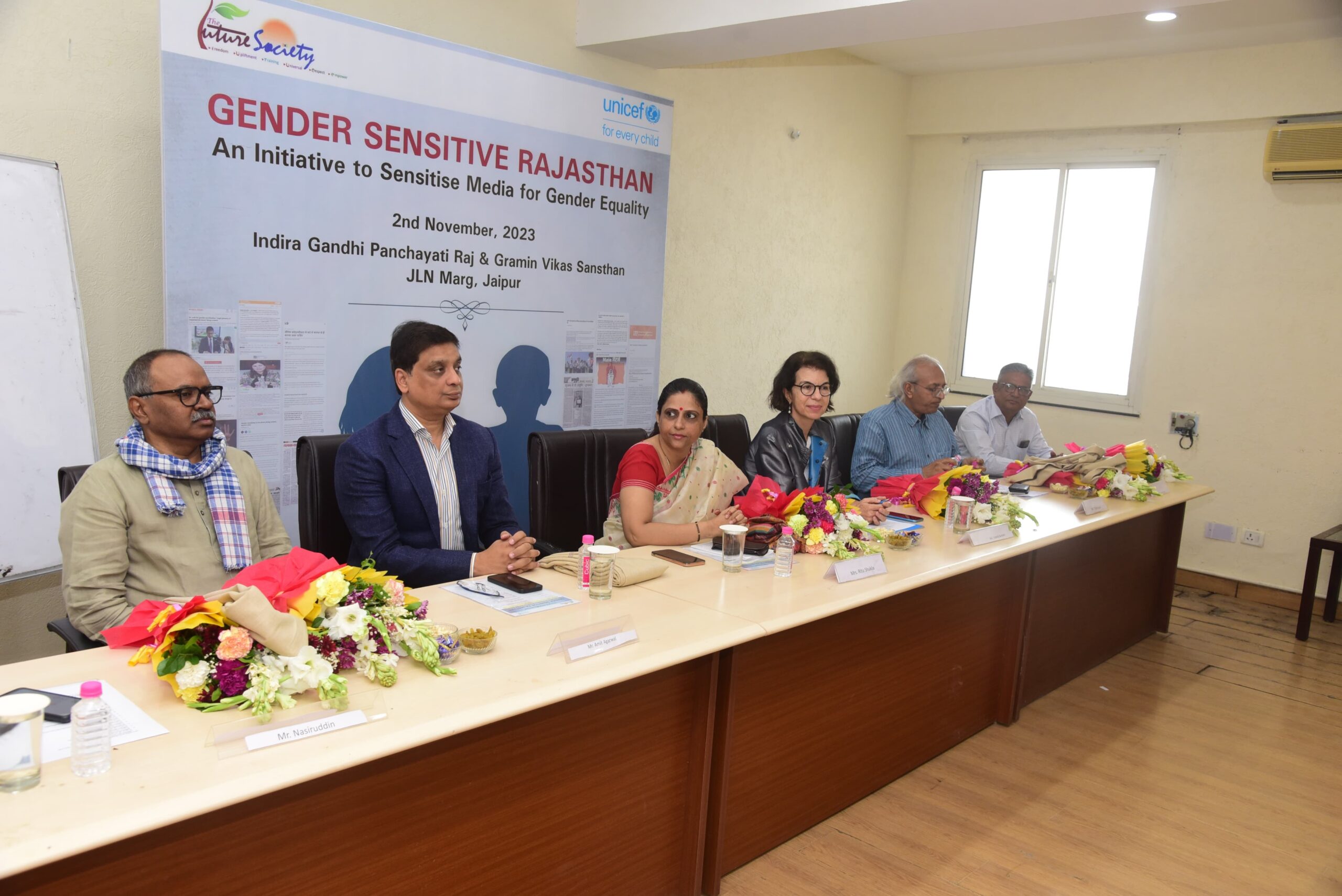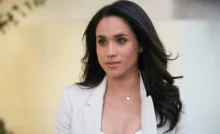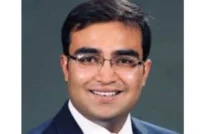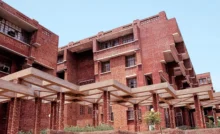On Thursday, the “Gender Sensitive Rajasthan” campaign was launched by Future Society and UNICEF. On this occasion, a one-day training program was organised for journalists and journalism students at the Indira Gandhi Panchayat Bhawan, focusing on giving priority to “women’s issues” in journalism. In this training, Ritu Shukla, Deputy Director of PIB Rajasthan, Isabel Barthem, UNICEF Rajasthan Chief, senior journalist Haridev Joshi, senior journalist Naseeruddin on women’s issues, and Amit Agrawal, President of JCRSU University, along with the Society’s President Sushil Sharma addressed the participants.
During this, PIB Rajasthan’s ADG Ritu Shukla emphasised women’s participation, calling journalism a male-dominated field. She said that gender equality is an important issue in the country, which is talked about but not implemented. Discussing the current situation in Rajasthan, she said that even after so many years of independence, gender equality is still not a reality, which is surprising. UNICEF’s Rajasthan Chief Isabel Barthem talked about women’s empowerment. She said that due to women’s lack of equal opportunities, there is an increase in mental and physical crimes. Women’s participation can be ensured through higher education in Rajasthan and across the country. She said that media is a powerful medium, and through the media, women’s backwardness can be eliminated.
Women should get 50% participation
Senior journalist Haridev Joshi, on the other hand, said, “In today’s times, they talk about giving women 33% reservation. But when they are half the population, why are they not given 50% participation?” He gave examples of many countries, which are considered strong in the world, where women are still not in the positions of President and Prime Minister. Meanwhile, JCRSU University’s Amit Agrawal said, “Gender inequality has always been an issue in Rajasthan. Daughters are considered a burden or someone else’s wealth here. The biggest reason for this is a lack of education. Daughters are married off according to their parents, and this is why sons are being educated more.”
Naseeruddin explained gender equality through various activities.
Meanwhile, senior journalist and gender issues specialist Naseeruddin exhibited various activities and pictures on gender equality. He also conducted a question-answer session on women’s issues for a better understanding of the students.
He said that discrimination against women is created by society itself. At the end of the session, Future Society President Sushil Kumar Sharma told all the journalists present in the workshop to prioritise women’s issues. Organiser Ravita Sharma thanked everyone.





